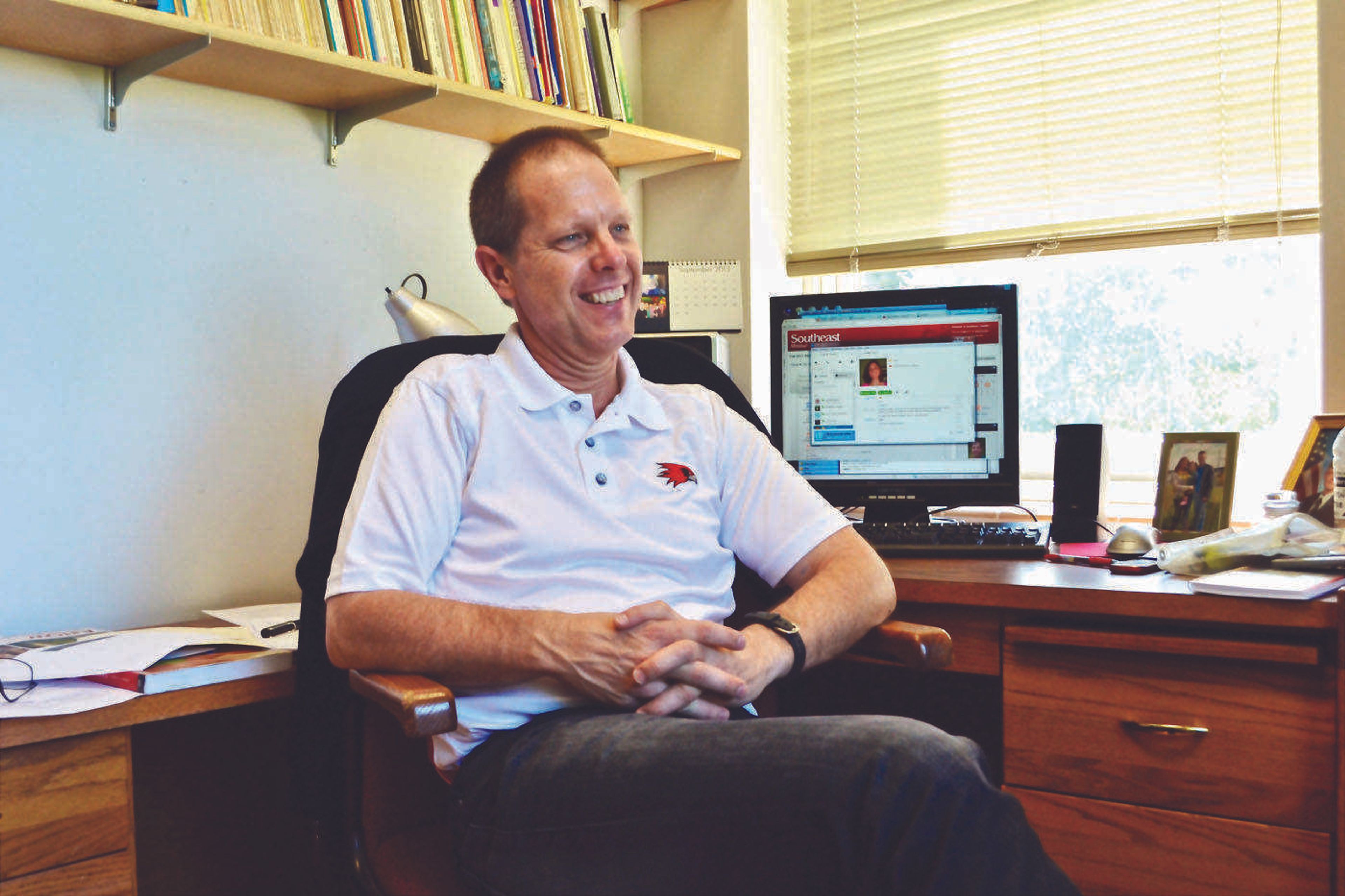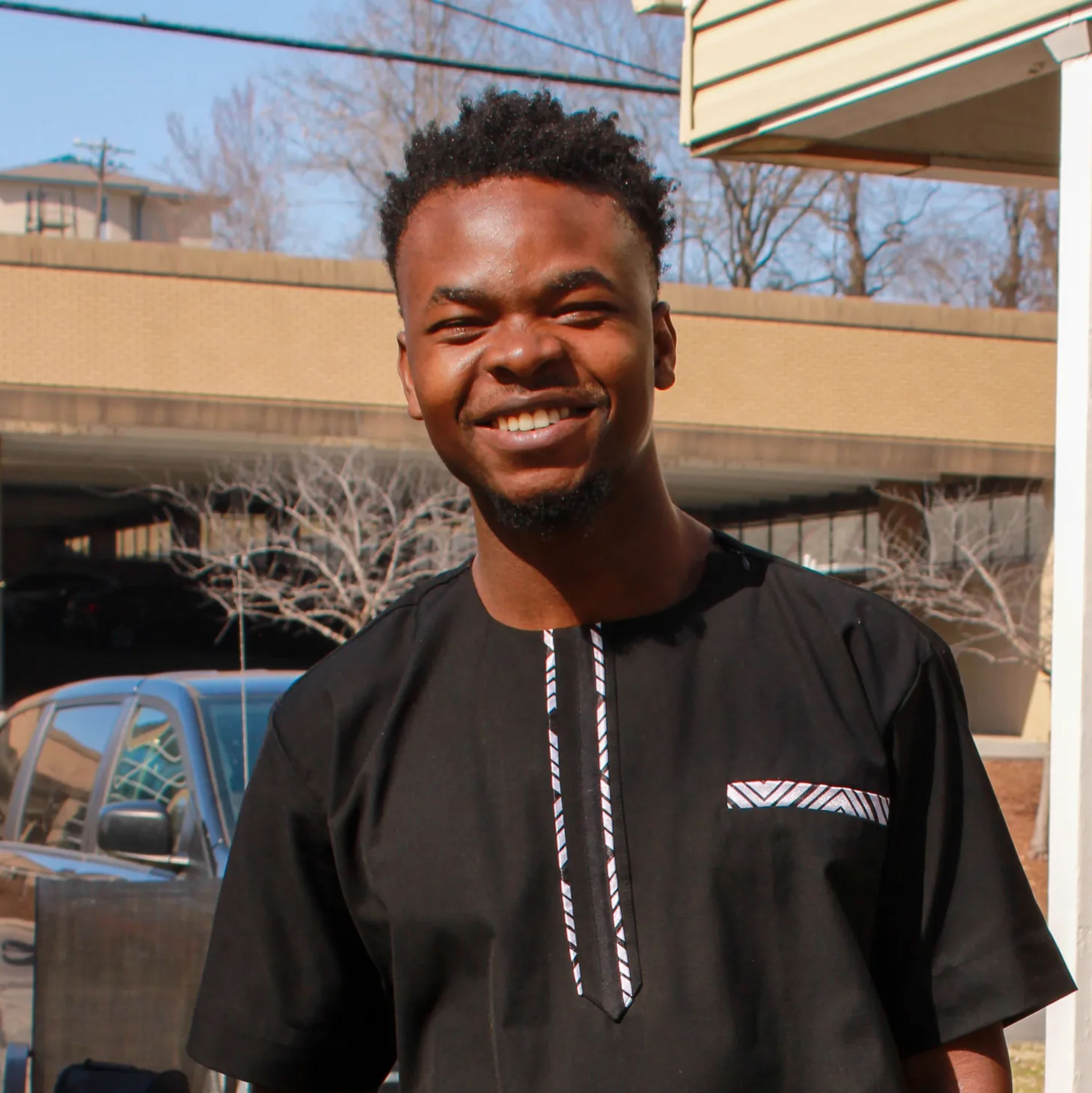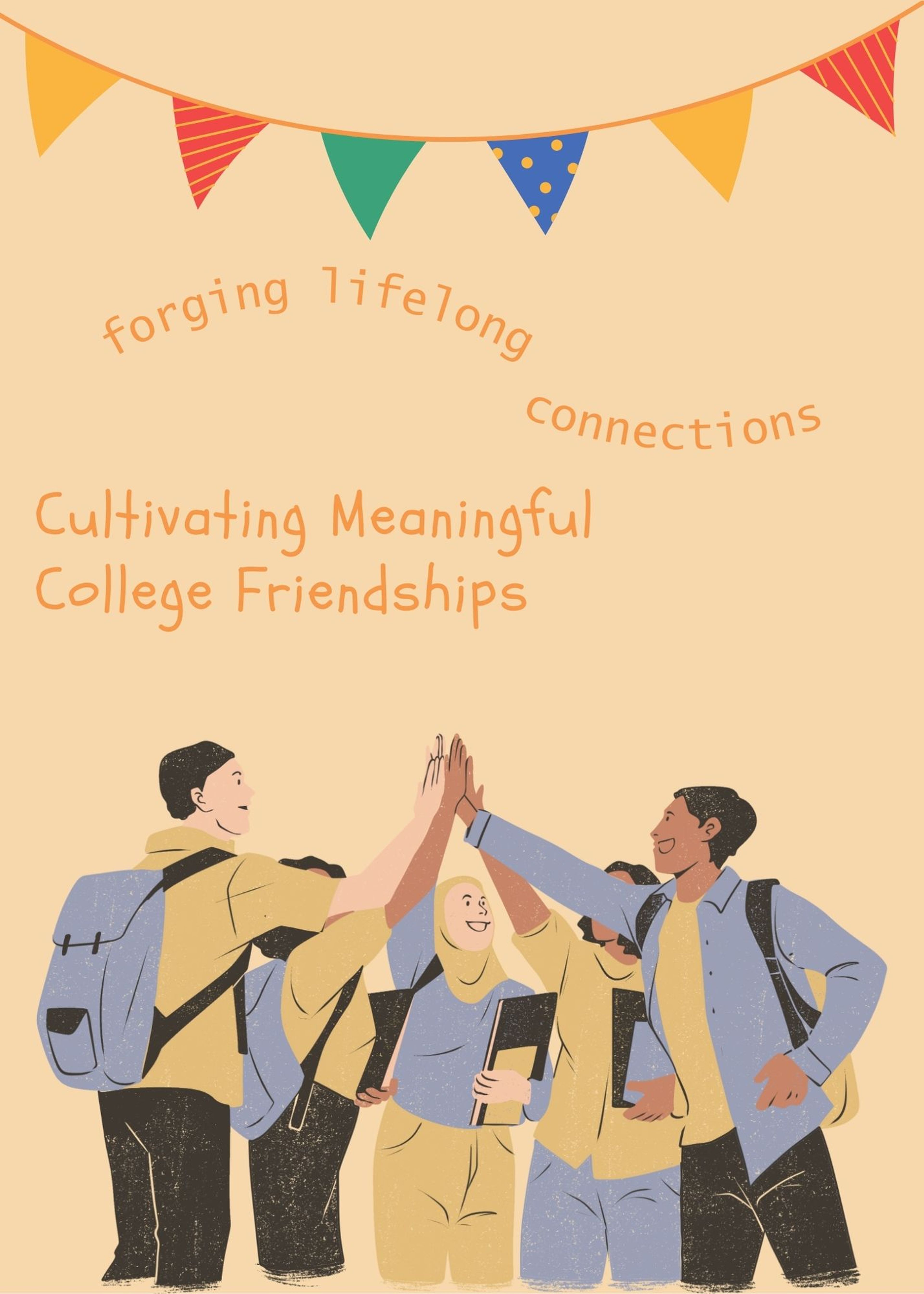Dr. Fred Poston is not only a German professor at Southeast Missouri State University but, at one point in time, he served as a Christian pastor as well.
Poston is a "hometown boy" who grew up in Cape Girardeau. He and his wife moved to England in 1979, where they lived for a year and a half and then moved to Munich, Germany, where they worked with the church ministries there for 11 years. They then moved back to Cape in 1992.
Poston saw an opportunity to teach at Southeast in 2006 and grabbed it. He has a background in psychotheology and now teaches five courses at the university.
So, why German?
I had a desire when I was 11 years old to go to Bavaria, before I even knew where Bavaria was. It was just a desire that I had and I don't even know what might have awakened that desire, but I remember, once we got to Munich, the capital of Bavaria, we were just sitting there about a month after we'd gotten there and I was reminded of the fact that when I was 11 I had that desire and I was like, "Wow, here I am." I guess I was just interested in what I only really knew about Germany at the time and that was WWII, those early years and then I was just always interested in all things German and the opportunity came to move there, so I was pretty excited about that.
Is it true that you were a pastor?
I have been. I had stepped out of that position just recently in August in order to have time to do this [teach]. When I was a pastor I was only part time at the university.
Do you still work at all with the IT Student Ministry?
No, that is closed down now. It was just the end of the line and time to transition from that for me.
Do you still do any religious ministry work?
I haven't yet. I'm not opposed to it. It's just at this time with closing that [IT Student Ministry] down and being pretty busy here there haven't been any other opportunities. However, I don't doubt that they will come.
How did you balance your ministry work and your work here as a professor?
It was busy. I only had three classes here, which together with my other responsibilities made for a full week. It was again, just time for a change. I mean I enjoyed doing that, I wasn't sick of it or anything, but it's nice to be able to focus on one thing right now.
Did you ever incorporate any religious aspects into your German courses?
Well, aside from giving first-hand experience of the religious setting in Germany, not so much. In my other classes -- I do a European film class, and we'll talk about world views and a lot of the directors are using theological symbolism and imagery, which I can recognize. That helps some, but I'm not trying to give a particular Christian view. Of course, in the religion classes it helps a lot, and I did a New Testament literature class last semester. So all of that training is certainly a good basis for what I'm doing.
Do you hope to take up ministry work again in the future?
I really don't see a functioning in that capacity in the foreseeable future. I know there will be opportunities for ministry, for instance in the church we helped start in Germany years ago. We have an ongoing relationship with them and periodically, when I'm there I may be asked to speak. There may be other opportunities around here, which I certainly enjoy and I would be glad to do. There's just nothing on the radar right now.
When did you help start a church in Munich?
It was 1981 to 1992. We started off working with university students there in Munich. I had contacts since I was 17. I just love this age, working with students and being around students. We found out that the young people there had had enough of organized religion, which they thought it was empty and lacking. So we were able to show and teach them a dynamic dimension of Christianity, which was more of what they were looking for. So it was successful, thankfully. It was great being able to reach mostly young people and their families that came along as well. The church is still going and doing a whole lot better than when we left it. It's very rewarding to look and see how well they're doing.
What do you see for your future plans here at Southeast?
I love being here. It's a great group of colleagues we're working together with, and I have enjoyed getting to open up a new world for students. In teaching a culture or a new language I hope that this inspires people to get to experience more of the world than they would get to otherwise. Learning a second language or a foreign language is more than just substituting one word for another. It's opening up a whole other world, and I think that the opportunities that I've had and I come to appreciate more and more of what I see and how few people have had that opportunity. Us [he and his wife] personally, it has really added a lot to who we are and how it's changed our view of the world in a positive way. I think it's a privilege and an honor to be able to open that same door for other people, to experience things they may not ever had a chance to do otherwise.
Have you met any international students on campus from Germany?
Yes, there are three women here now and I did meet them. I certainly want to reach out to them for the interaction of course, but mainly to make sure that they feel at home here. That if they need anything like going to the store, which they usually find ways to do all that, but I just don't want them to feel like they've been dumped here. Most of them find their way around well and make friends easily. I do hope that our culture sees the importance for learning other languages and other cultures.







